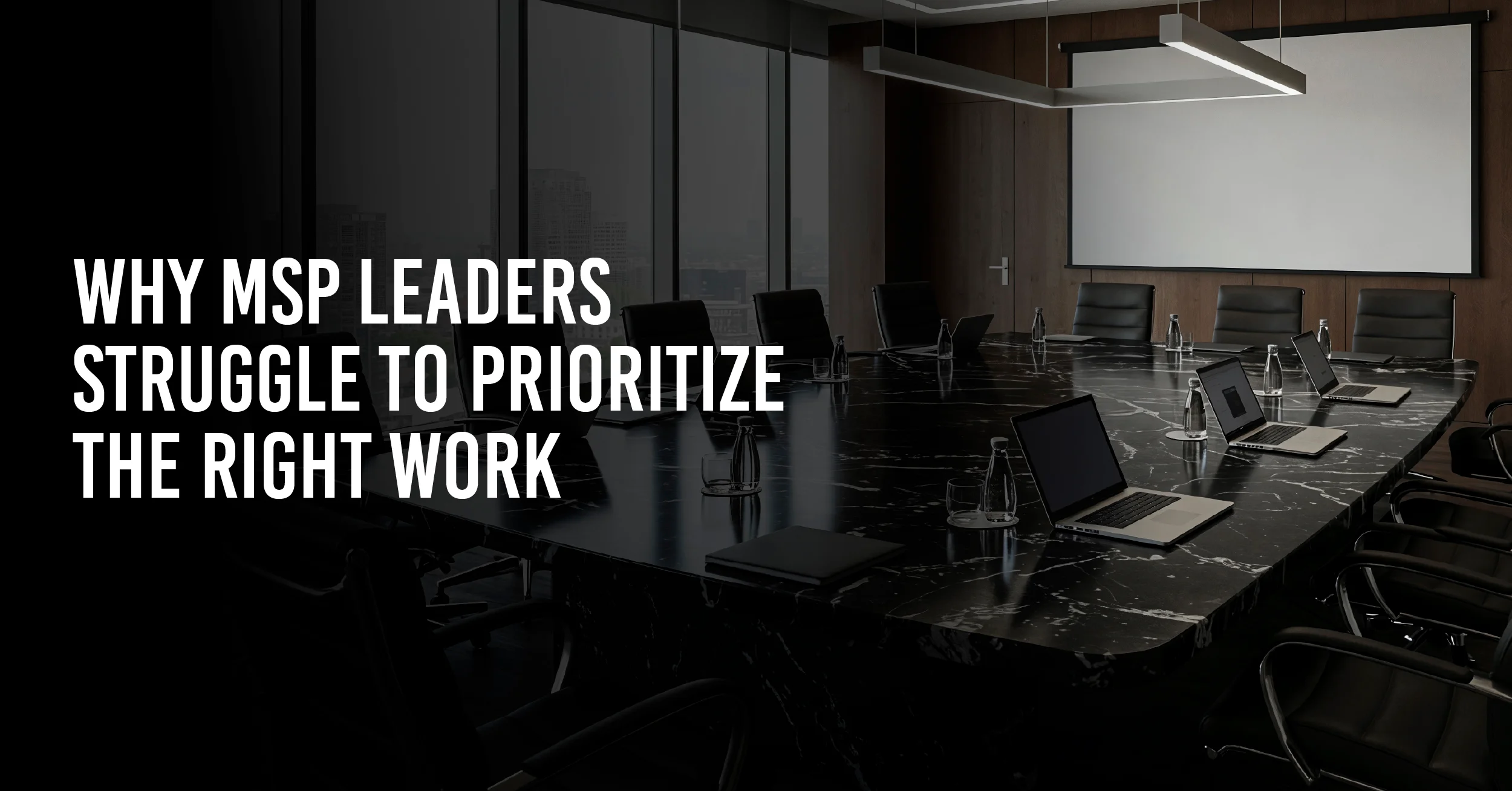According to the U.S. Census, one in three Americans will belong to a race other than white by 2060, with the fastest-growing segment being those who are two or more ethnic groups. Because of those trends, diversity, equity, and inclusion (DEI) have emerged as crucial pillars of the modern workplace. Organizations that embrace and foster DEI reap numerous benefits in our ever-changing and interconnected world.
By creating an environment that values and respects individuals from diverse backgrounds, companies can unlock innovation, enhance decision-making, increase productivity, attract top talent, contribute to a more equitable and inclusive society, and more. Let’s dive deeper into the top five reasons why DEI is essential in the workplace.
1. Innovation and Creativity
When individuals from different backgrounds collaborate, they bring a multitude of perspectives, experiences, and ideas. This rich tapestry of thought allows for more comprehensive problem-solving and promotes out-of-the-box thinking. By embracing diversity, companies create an environment where employees feel empowered to share their unique insights, leading to the development of groundbreaking solutions and products that cater to a broader range of client needs.
2. Expanded Choices and Overall Success
DEI contributes significantly to improved decision-making within organizations of all sizes. When a wider range of viewpoints are considered during meetings or through collaboration, biases are challenged, blind spots are minimized, and critical thinking is promoted. By incorporating multiple perspectives, businesses can make well-informed choices that consider a variety of factors and potential consequences, ultimately leading to more robust and effective outcomes.
For example, a McKinsey study showed that the most gender-diverse companies outperformed the least by 48%. This statistic highlights the tangible impact that DEI can have on the overall success of a business. By embracing all dimensions of inclusivity and diversity, companies can unlock a wealth of insights, experiences, and talents that can drive superior financial and growth performance.
3. Increased Productivity, Engagement, and Retention
Inclusive workplaces cultivate a sense of belonging, psychological safety, and respect among employees. When individuals feel valued for their unique identities and experiences, they are more likely to be engaged, motivated, and committed to their work. This positive environment promotes higher levels of productivity and performance. Employees who feel included are more willing to collaborate, share ideas, and take risks, creating an atmosphere that fosters creativity and drives more positive results.
DEI initiatives create a culture of respect, trust, and fairness, resulting in higher levels of employee engagement and retention. When employees feel valued, included, and empowered, they are more likely to be committed to their organization’s mission and goals. Inclusive workplaces foster a sense of belonging, which drives employee satisfaction and loyalty. By investing in DEI, businesses not only attract top talent but also cultivate an environment where employees thrive, contributing to a positive work culture and reducing turnover.
4. Expanded Talent Pool and Customer Base
Organizations that prioritize equity and inclusion gain a competitive advantage by having access to a broader recruitment class. According to a study by Glassdoor, about 1 in 3 employees and job seekers (32%) would not apply for a job at a company where there is a lack of diversity among its workforce. By actively seeking and attracting candidates from all backgrounds, businesses can tap into a wider range of skills, experiences, and perspectives. This amalgam of talent enhances a team’s ability to solve complex problems, adapt to changing market dynamics, and navigate a globalized technology landscape.
Moreover, an inclusive workforce is better at connecting with diverse customer segments and improving the company’s understanding of different cultures, preferences, and market needs. By embracing DEI, organizations can adapt their products, services, and strategies to cater to everyone more effectively. This customer-centric approach enhances satisfaction, strengthens brand reputation, and drives business growth.
5. Ethical and Social Responsibility
Embracing DEI aligns with core ethics goals and principles businesses aspire to today. By actively promoting equal opportunity, fairness, and respect for all individuals, companies of every size contribute to a more just and equitable world.
These initiatives not only address historical disparities but also work toward dismantling systemic barriers. It is the responsibility of businesses in every industry to create inclusive environments that celebrate diversity and foster equity. By championing DEI, organizations can become agents of positive change, promoting social justice, and inspiring other entities to follow suit.
Be Diverse, Equitable, and Inclusive
Diversity, equity, and inclusion are fundamental to building thriving workplaces that drive innovation, improve decision-making, increase productivity, attract top talent, and contribute to a fairer society.
By embracing people of all ages, genders, backgrounds, cultures, and orientations, companies create environments where employees bring their whole selves to work, ensuring mutual growth and success.
What types of DEI initiatives have you adopted for your business?
For more content like this, be sure to follow IT By Design on LinkedIn and YouTube, and check out our on-demand learning platform, Build IT University.








